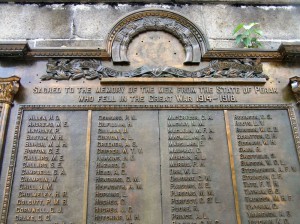 It’s a familiar tale — an ancient family album filled with black and white photographs, yellowed and dog-eared with age, the faces of young men and women in uniform gazing proudly from the pages.
It’s a familiar tale — an ancient family album filled with black and white photographs, yellowed and dog-eared with age, the faces of young men and women in uniform gazing proudly from the pages.
The problem is the only people who knew them in life have long since passed away, often taking the many stories of these brave ancestors to their grave.
Now, The University of Nottingham is to offer a helping hand to people interested in finding out more about the part their family may have played in the First World War at a free community open day later this month.
Hidden Histories — First World War Family History Day will take place on University Park campus on Tuesday July 21 and will feature a range of speakers who will share their expertise and offer beginners tips and advice on how to make the best start in researching their past.
Keynote speakers for the day include:
- A representative from the Imperial War Museum who will talk about the museum’s Lives of the First World War — an online resource which offers the opportunity to commemorate service men and women through a mix of official records, photographs and personal testaments
- Anne-Marie Kramer, a lecturer in The University of Nottingham’s School of Sociology and Social Policy, who will speak about the development and use of family history
- Professor Kurt Barling who will offer insight into the Middlesex Family History Project, which is seeking family stories and photographs of those who served in the Middlesex Regiment from their descendants
- East Midlands Oral History Archive, which has been gathering oral histories of the home front in Leicestershire and Rutland during the First World War
- Nottinghamshire Archives, home to the World War I: Nottinghamshire Memorials Project, a resource commemorating local soldiers who fought and died in ‘Flanders Fields’.
The event will also feature exhibitions from the University’s Manuscripts and Special Collections department and Laxton History Project.
The Hidden Histories — First World War Family History Day takes place on Tuesday July 21 from 9.30am to 4.30pm in the Department of History, Lenton Grove and the Digital Humanities Centre on University Park Campus. A buffet lunch is included in the day.
The event is completely free but it is essential that those interested in attending register online beforehand.
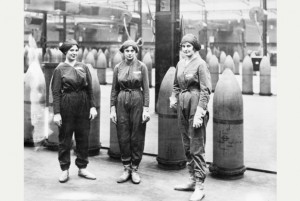
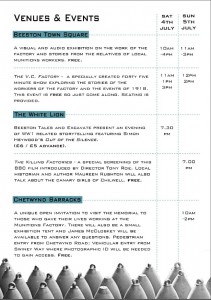 For more information, please visit
For more information, please visit 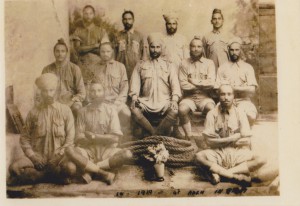 Researching World War I is rather a difficult task involving the trawling through archival material and old newspapers. In my work with the Centre of Hidden Histories, I want to uncover the family histories of soldiers involved in the War effort, specifically the participation of the Malay State Guides in the Aden Field Forces from 1915 to 1919. The Hidden Histories project aims to fill a gap in memories and as the focus on Malaysian Sikh participation in World War I emphasizes the Ghadr movement and the resulting Singapore Mutiny prior to the troop transfers in 1915, there is comparatively little on their experiences during the war. The work to date has been a challenge, in identifying families and trying to source primary material. In the Malaysian Archives, the files are restricted and require government permission while the Japanese Occupation of World War II in Malaysia meant the destruction and loss of significant chunks of material history including the regimental colours and silver.
Researching World War I is rather a difficult task involving the trawling through archival material and old newspapers. In my work with the Centre of Hidden Histories, I want to uncover the family histories of soldiers involved in the War effort, specifically the participation of the Malay State Guides in the Aden Field Forces from 1915 to 1919. The Hidden Histories project aims to fill a gap in memories and as the focus on Malaysian Sikh participation in World War I emphasizes the Ghadr movement and the resulting Singapore Mutiny prior to the troop transfers in 1915, there is comparatively little on their experiences during the war. The work to date has been a challenge, in identifying families and trying to source primary material. In the Malaysian Archives, the files are restricted and require government permission while the Japanese Occupation of World War II in Malaysia meant the destruction and loss of significant chunks of material history including the regimental colours and silver.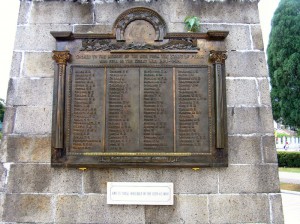 During the course of my research, I spoke with one woman, who has devoted time and effort to research on her father and his participation in the Malay State Guides, his service in Aden and later his work within the Police forces. Her father was one of the approximately five hundred soldiers who returned from Aden.
During the course of my research, I spoke with one woman, who has devoted time and effort to research on her father and his participation in the Malay State Guides, his service in Aden and later his work within the Police forces. Her father was one of the approximately five hundred soldiers who returned from Aden.